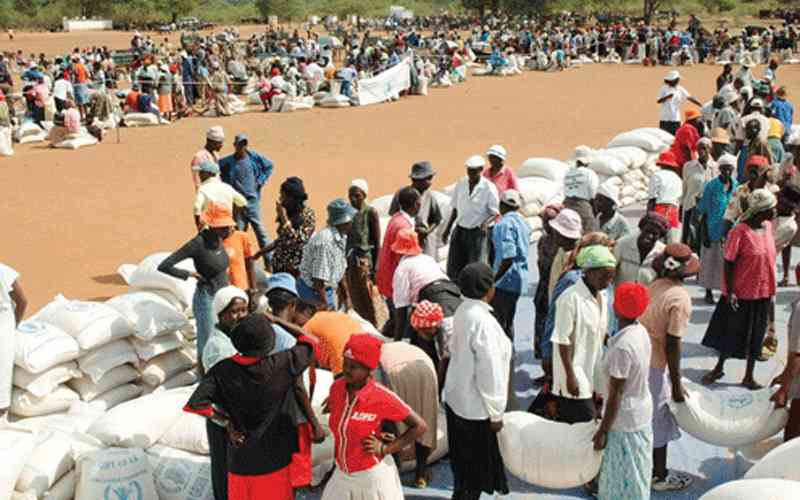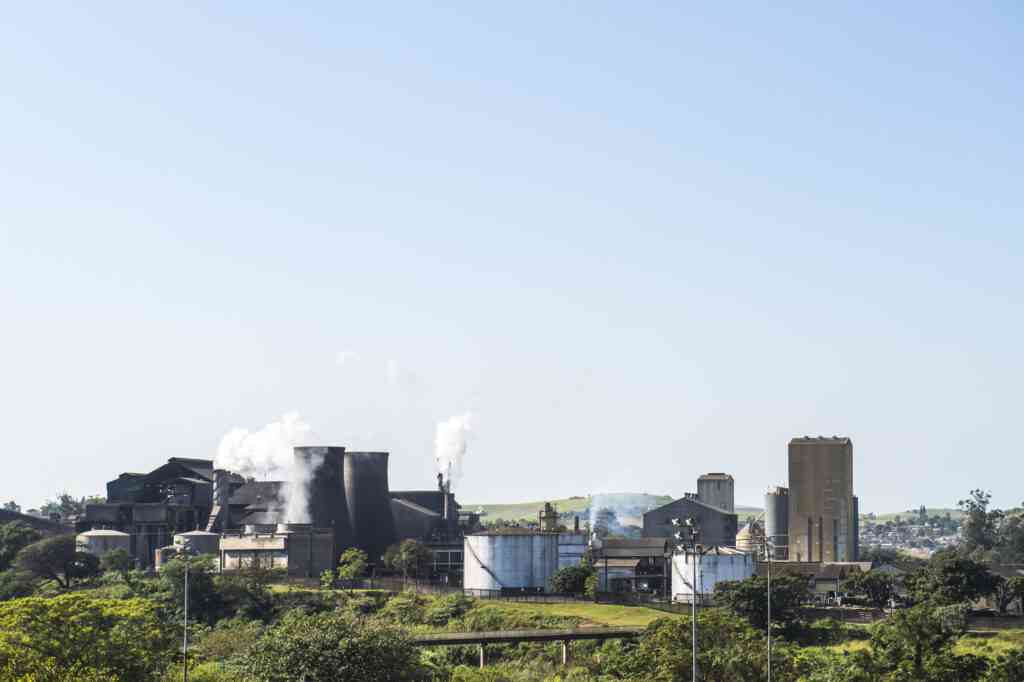VILLAGERS in Chivi district, Masvingo province, are set to benefit from a forest and land management transformation programme after the Food and Agriculture Organisation (FAO) received funds to boost efforts to deal with the effects of climate change.
Zimbabwe is struggling with the effects of the El Niño-induced drought, which has left approximately seven million people food insecure.
The FAO funds are expected to address multiple forest and land management challenges within the Miombo and Mopane landscapes of the Runde and Save river basins in Zimbabwe.
The project is part of a global programme led by FAO under the GEF-7 Sustainable Forest Management Impact Programme on Dryland Sustainable Landscapes (DSLP-IP).
In an interview, World Vision project manager Lloyd Muponda highlighted the need to promote commercially viable green value chains in communities.
- Triangle retrenches as economy bites
- Caledonia in US$42 million capex drive for 2025
- Mukuru launches mobile wallet in Zim to bolster financial inclusion
- Economy heads for a bloodbath: Biti
- NBS completes Glaudina housing project ahead of schedule
“It is only through this win-win approach that we can foster sustainable forest and land management. The targeted beneficiaries are from forest and farm producer organisations with a minimum membership of 70,” he said.
“The strengthening of the NTFP [non-timber forest products] value chain creates a viable livelihood option for the community thus eradicating over dependence on economic activities that could degrade the environment.”
As one of the key beneficiaries of the intervention which has brought about a transformational shift to the community and the establishment of farmer and farm produce organisations (FFPO), Chivi community, through the support of the project, has emerged a vibrant NTFP.
The project has been supporting these FFPOs through trainings in business planning and business development with a special focus on NTFPs, neglected and underutilised species such as small grains and small livestock. The training curriculum encompasses key topics such as group governance, constitution development, financial literacy, marketing of NTPFs, self-risk assessment and credit management over and above the business planning process.
DSLP-IP national project co-ordinator Precious Magwaza said the intervention was promoting both push and pull green value chains.
“The push value chains are within the forest and encouraging communities to protect them so as to get benefits from enterprises such as honey, Marula and baobab,” she said.
“The pull value chains are meant to draw communities away from destructive forest-based practices such as coal making by promoting alternative livelihood initiatives such as small grains and small livestock.”
The Environment, Climate and Wildlife ministry received the funds through FAO via the Global Environmental Facility under the GEF 7th replenishment cycle.
The project is implemented by the ministry, with the Environmental Management Agency as the executing entity and partners, namely, World Vision, Forestry Commission, Community Technology Development Organisation, and the Zimbabwe Parks and Wildlife Management Authority.
The scope of the DSLP IP is to support a transformational shift towards sustainable and integrated management of multi-use dryland landscapes of the Miombo and Mopane ecoregions.













